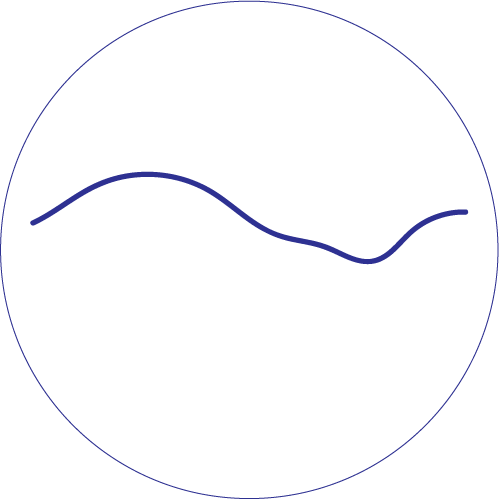On Exceptional-ness and Average-ness [jared kelley]
"An un-exceptional deconstruction of an installation; no history provided"
I don’t know art history.
My C- in Dr. Richmond’s survey II class in 2007 said as much then, and while I’ve gotten bits and pieces here and there, the C- remains the same.
Don’t mistake my ignorance for intention. I understand the value in art history, and what I know, I love. As a graduate student in a studio art practice, it’s my obligation to know the theories I respond to. Yet, in a conversation about art I feel sometimes that I can barely tread water beyond the formal. There seems to be an ever-expanding universe of theories that are always moving away from me as I sit in the center watching them float into space. As time goes on, remediating this lack of knowledge doesn’t feel even overwhelming anymore, it seems almost impossible.
I read Malcolm Gladwell’s Outliers sometime in 2012 where he says that being “self-made” or naturally exceptional is a strategic mythos deployed on the unusually successful in society by the average. The subtext suggested that we use this mythos to comfort our own dissatisfaction with our lack of success – when really it’s a lack of structural advantages starting just after we’re born that lead to our “average-ness”. Average-ness or exceptional-ness is made up of a number of small decisions that lead to who you are in the rest of your life. During the summer did you go to camp or just go to the pool? Were you months older than your cohort in grade school or were you born right at the cut-off? Did your parents enrich you with activities, sports, and tutoring, or were you left to your own devices and mostly just kept alive? Outliers is now infamous for the “10,000 hour rule” which theorizes that anyone can become an expert in any activity after dedicating 10,000 hours to practice (a theory that has serious problems and mostly unacknowledged strange roots in the Protestant work ethic). Despite its problems, the part about having access to enrichment, privileged resources, or even parents who reinforced your interests or guided you to shine – well, as I’m facing gaping holes in my theoretical understanding, I can’t help but think how that lack of knowledge, and that directed push, connects me directly to his theory.
Life after my parents has been a constant state of recognizing where to catch-up. Like me and art history, the list of acknowledgements and corrections of my childhood never remains static but only seems to grow and grow – and as one is mediated, modeled, and gradually repaired, another slides in to rear its profoundly ugly head. The point here isn’t me bemoaning my parents (I’ve certainly done that enough already); rather, as I’ve written about “known knowns, known unknowns, and unknown unknowns” and as I’ve been confronted with so many known unknowns and unknown unknowns this first semester, I’m beginning to wonder how I am yet again a misfit. And just maybe, in caring so deeply, all I need is to fit. So, again, I start the process of acknowledgements, corrections, ad infinitum, and I wonder – is this what my life will be?
A key problematic of Outliers is the notion that exceptional-ness should be a desired state and could be achieved if only we could work harder, better, faster, and most importantly longer. Exceptional-ness – difference, beyond the edges of the ideal – is everyone’s calling. The static or normal is less-than – and the excellent is normal.
But what about being ordinary – average – and satisfied? I realize, as wisdom grows, that everyone’s deficits of history are also piling up (be they art, childhood, or otherwise). When is acknowledging, challenging, and repeating, enough? And when can we say, “I haven’t heard of that artist, but, so what?”


